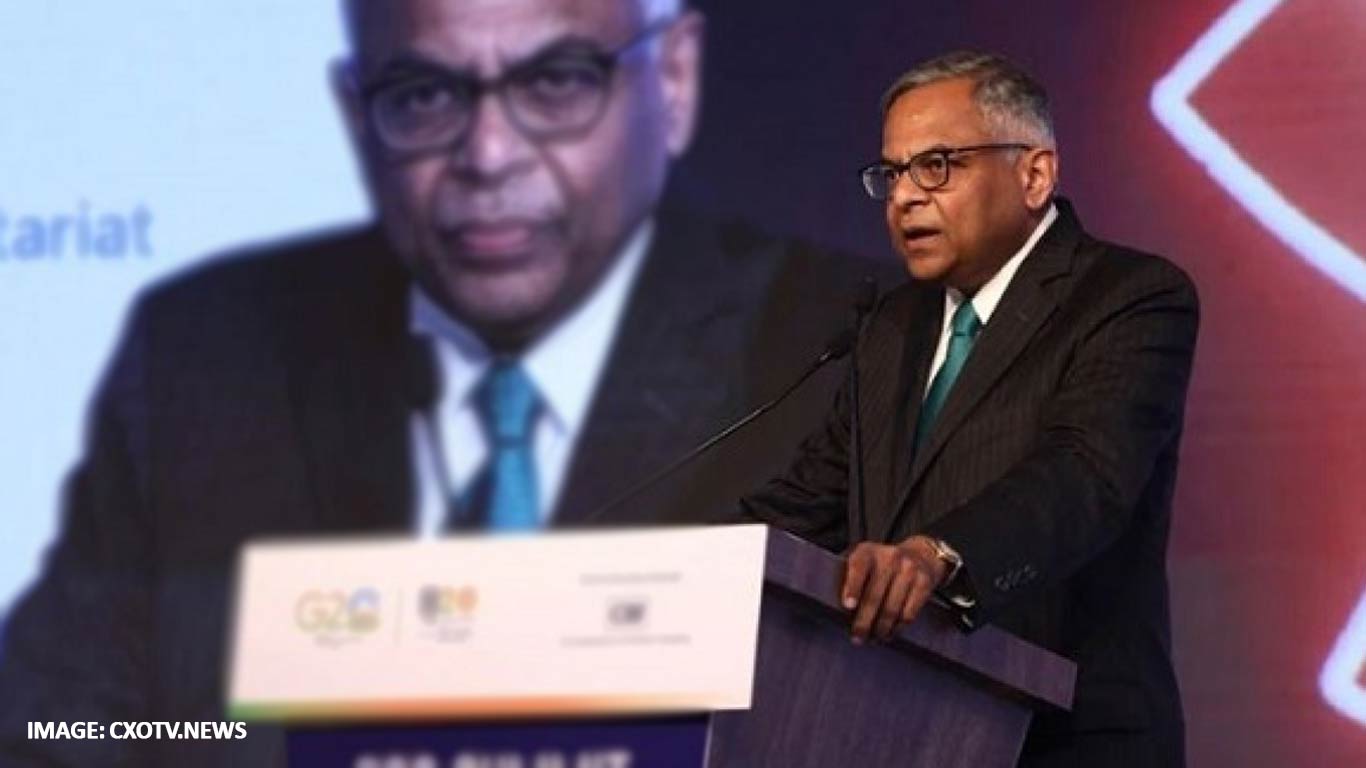Committee on review of penal provisions of Companies Act 2013 recommends restructuring of corporate offences to relieve special courts from adjudicating routine offences
Updated: Aug 27, 2018 11:31:52am

Committee on review of penal provisions of Companies Act 2013 recommends restructuring of corporate offences to relieve special courts from adjudicating routine offences
New Delhi, Aug 27 (KNN) The Committee constituted by Government of India in July 2018 to review the existing framework dealing with offences under the Companies Act, 2013 and related matters recommended restructuring of corporate offences to relieve Special Courts from adjudicating routine offences.
It also recommended the companies to declare commencement of business in order to curb shell companies.
The recommendations were made by the committee under the Chairmanship of Corporate Affairs Secretary Injeti Srinivas which submitted its report to the Finance and Corporate Affairs Minister Arun Jaitley.
The Committee recommended that the existing rigor of the law should continue for serious offences, covering six categories, whereas for lapses that are essentially technical or procedural in nature, mainly falling under two categories may be shifted to in-house adjudication process.
The Committee observed that this would serve the twin purposes promoting of ease of doing business and better corporate compliance.
It would also reduce the number of prosecutions filed in the special courts, which would, in turn, facilitate speedier disposal of serious offences and bring serious offenders to book. The cross-cutting liability under section 447, which deals with corporate fraud, would continue to apply wherever fraud is found.
With regard to restructuring of corporate offences to relieve special courts from adjudicating routine offences, the committee recommended re-categorization of 16 out of the 81 compoundable offences by shifting them from the jurisdiction of special courts to an in-house E-adjudication framework wherein defaults would be subject to levy of penalty by the authorized adjudicating officer (Registrar of Companies).
Remaining 65 compoundable offences to continue under the jurisdiction of special courts due to their potential misuse, the reported suggested.
Similarly, it recommended status quo in respect of all non-compoundable offences, which relate to serious corporate offences.
Besides, it asked for instituting a transparent online platform for E-adjudication and E-publication of orders and necessitating a concomitant order for making good the default at the time of levying penalty, to achieve better compliance.
Other recommendations related to corporate compliance and corporate governance include imposition of a cap on independent director’s remuneration in terms of percentage of income in order to prevent any material pecuniary relationship, which could impair his independence on the board of the company and holding of directorships beyond permissible limits to trigger disqualification of such directors.
The committee wants greater disclosures with respect to public deposits, particularly in respect of transactions exempted from the definition of public deposits under Section 76 of the Act to prevent abuse and harming of public interest.
It has suggested huge reduction in time-limit for filing documents related to creation, modification and satisfaction of charges and stringent penal provisions for non-reporting.
It also said that once a company obtains restrictions under Section 90(7) relating to significant beneficial ownership, in respect of shares whose ownership remains undetermined; such shares should be transferred to the Investor Education and Protection Fund if rightful owner does not claim ownership within a year of such restrictions.
In addition, the committee recommended non-maintenance of registered office to trigger de-registration process, holding of directorships beyond permissible limits to trigger disqualification of such directors and imposition of a cap on independent director’s remuneration in terms of percentage of income in order to prevent any material pecuniary relationship, which could impair his independence on the board of the company.
In order to de-clog the National Company Law Tribunal (NCLT), the committee has suggested enlarging the jurisdiction of the regional director with enhanced pecuniary limits for compounding of offences under section 441 of the Companies Act 2013 (the Act).
It recommended vesting in the central government the power to approve the alteration in the financial year of a company under Section 2(41); and conversion of public companies into private companies under section 14 of the Act.











